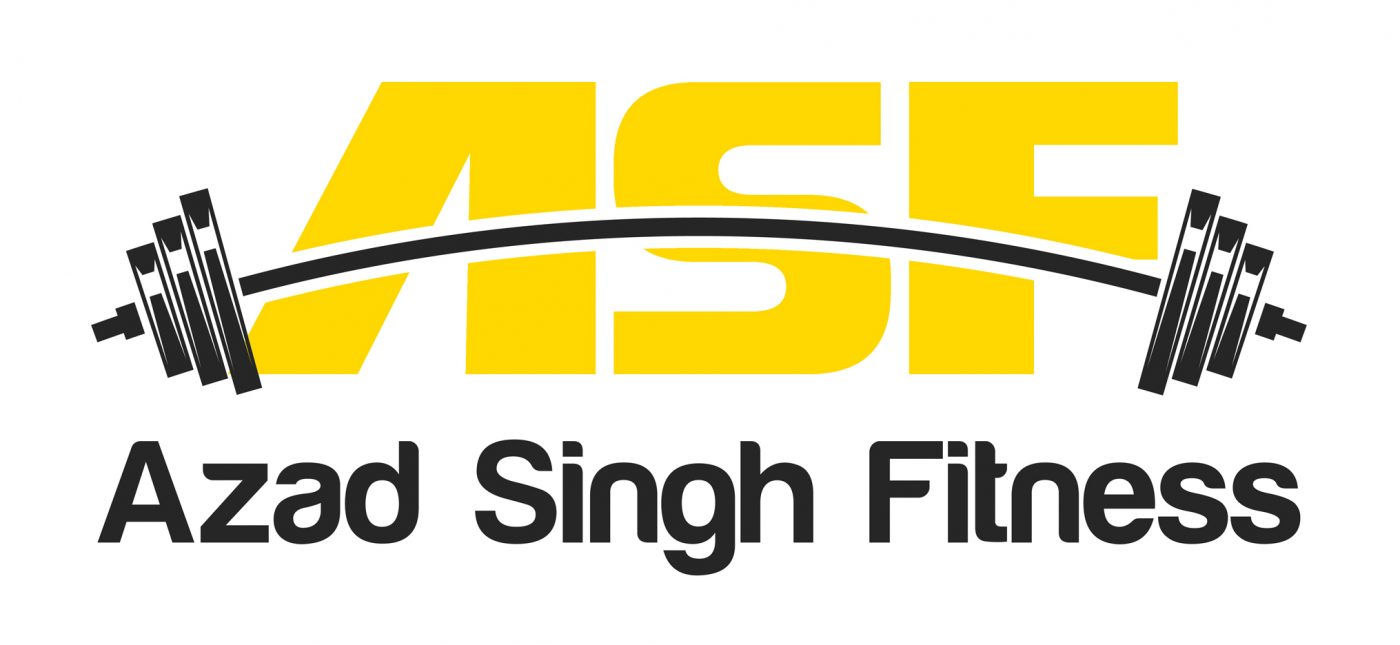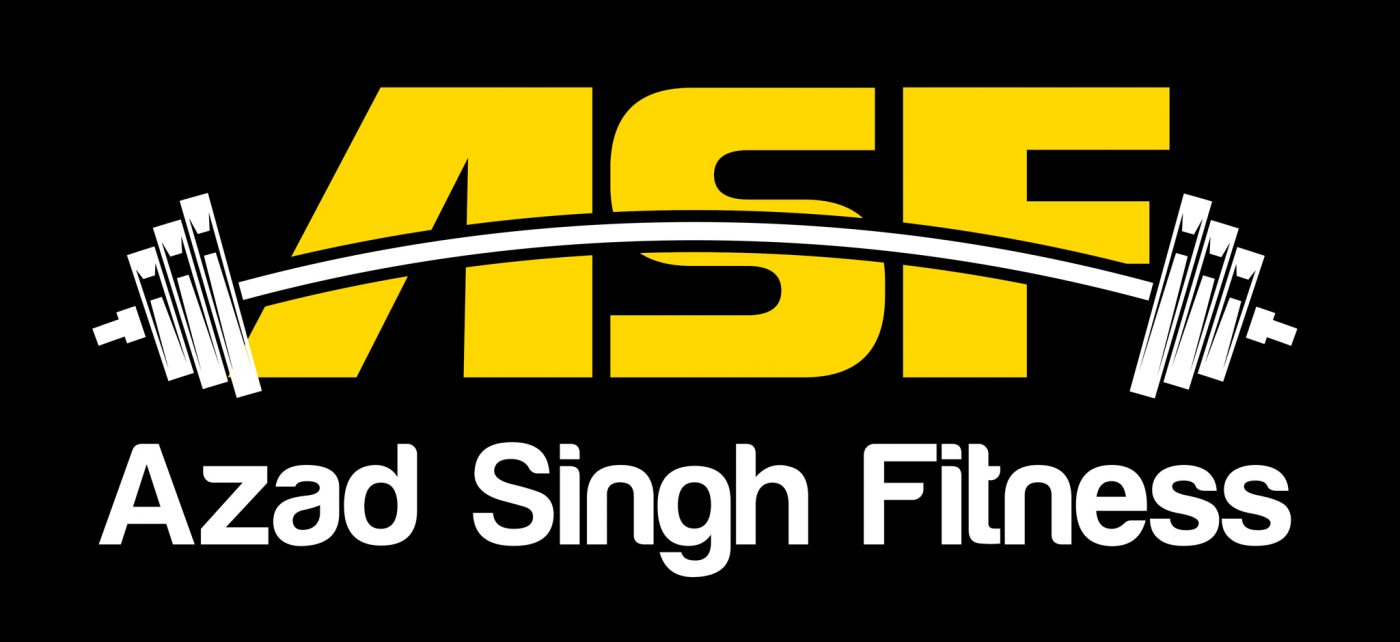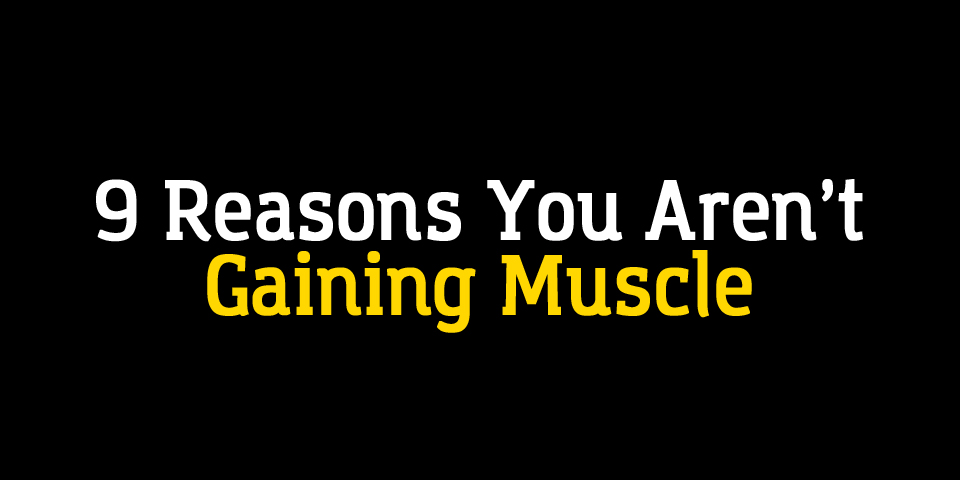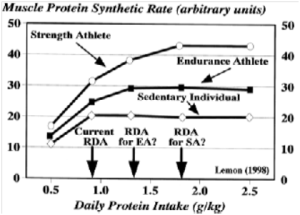Muscle trouble? Training becoming robotic? There are many benefits associated with achieving slabs of new muscle tissue, making it a desirable choice for many. However it is a long and hard process. Are you having trouble putting on size? Below are 9 reasons why you aren’t gaining muscle.
1. You aren’t lifting heavy weights
Needless to say it is hard to put on muscle. This process isn’t made any simpler by avoiding heavy weights. Now I know what you’re thinking, what about calisthenics, those powerful athletes build muscle without weights at all. The truth is they follow the same principles as weight training, progressive overload (the art of progressively overloading the muscles with new stimulus).
For a long time it was popular belief that high reps and moderate weight were the best for muscle gains. Recent studies suggest low reps with heavy weight are just as beneficial. To get the best results both should be incorporated in a plan which consists of high, medium and low reps.
Think about it, ever seen somebody bench press 500lbs without having a slab of upper body mass?
SIMPLE TIP: Start all workouts with at least three heavy compound exercises using the 3 sets of 5 principle. You may find your rest periods increase from conventional body-building training.
2. You are focusing on accessory work.
‘Accessory’ work or ‘isolation’ exercises sure do have their place in ones training routine. They can be used, mainly at the end of workouts to, funnily enough, isolate individual muscle to the point past failure.
The problem occurs when people use this and only these moves in their sessions primarily because they’re easy and let’s not forget, bicep curls fall into this category! Anyone who is trying to put on muscle or increase strength should be doing primarily compound moves. These are the squats, lunges, deadlifts, cleans, military presses, bench presses, chinups, dips and so on. These are the ‘big’ moves which take up a lot of energy and work the muscles through multiple joints. If you solely did this exercises for ten years, I am certain you would gain a huge amount of muscle. Although its key to note accessory work can help iron out weaknesses or imbalances.
For example a bench press works through the shoulder and elbow joints, making it a compound exercise. A Tricep extension however only works through the elbow joint making it an isolation move. It’s surprising that most people who want to gain muscle won’t be seen doing squats, deadlifts or rows but will be seen daily hitting bicep curls and lateral raises.
SIMPLE TIP: Start all workouts with at least three compound exercises followed by the isolation moves afterwards. Compound exercises burn more calories and impact central nervous system more increasing growth hormones.
3. You hardly drink water
Water is a fundamental make-up of life. Humans are made up of roughly 60% water without muscles being up to 75% water. How can you expect to put on more muscle tissue if you are not taking in what is essentially going to become your muscles? Same theory applies with proteins.
Research has shown that being even 2% low in water (extremely mild dehydration), can affect your brain function e.g. concentration and slower thinking whilst also impacting strength levels. So water not only is essential to life it has a direct impact upon muscle and strength. It is also water that aids with food digestion which includes protein synthesis. Being hydrated is essential for performance and regular water intake will ensure your muscles are delivered with regular energy and amino acids.
SIMPLE TIP: Keep a two litre bottle of water at hand all day. If you are struggling to drink water try marking your bottle with times and stop at nothing until you have completed your checkpoints (a little fun).
4. Your workout routine is far from optimal
5. You aren’t eating enough
You hear it a lot from most beginner lifters that they are trying their hardest and not seeing results. Upon investigating their diets which consist of tea and toast for breakfast it isn’t hard to establish there is no framework of nutrition in place.
It is easy to work hard for 1 hour in the gym but the other 23 hours of eating and resting is where the real hard work takes place.
SIMPLE TIP: Aim to eat around 4 times a day with balanced meals (although frequency of meals is personal preference). A 50:25:25 ratio works great with 50% being carbohydrates, 25% protein and 25% fats. Get onto MYFITNESSPAL (app) and begin to track what you eat. I adhere to the principles of flexible dieting, so get a macro plan in place and make it work 🙂
6. You avoid the little things
Common notion around about muscle hungry individuals is that they workout hard in the gym and sit around all day to accommodate their ‘gains.’ All in all we tend to avoid other activities thinking they will impede with our muscle gaining abilities. I’m here to tell you they won’t.
Taking regular walks, doing some light cardio will help blood flow around the body and help kick-start your metabolism. This will help you to eat more and more importantly help you body make better use of this energy.
Other things that are ignored are relaxing activities. When people say rest is just as important as the gym, they aren’t exaggerating. I am talking about rest that involves meditation, deep breathing, massages and stretching. Not rest that is watching TV or playing video games. This correct type of resting should be engaged every day. It will not only help with recovery and reducing soreness but assist you in becoming one with your body, something that is very closely linked to effective weight training (mind – muscle connection and all).
SIMPLE TIP: A daily 20 minutes walk will do wonders for your metabolism, muscle-building energy and general wellness. Similarly night-time meditation of some form will help you to unwind the day’s stresses and encourage better quality sleep – that is when muscle is built!
7. You skip warming up and cooling down
Being in a gym environment on a daily basis, almost as a second home I have seen this amongst most lifters. To the point I congratulate those who do warm up and cool down!
Warming up, both from a mental and physical preparation point of view is essential for bodily function. Spending as little as 5 minutes on a cardio piece of equipment will help to set your mind for the session ahead as well as increase blood flow and heart rate. Then another 5 minutes can be spent on dynamic stretching which will be more specific to your session. For example, hip thrusts if you are going to be doing Squats.
Those of you more into strength performance will know the importance of remaining loose and warming up efficiently. The same goes for cooling down. Doing some static stretching and foam rolling not only help with flexibility and removing physical tightness but help one to unwind and reflect on the session just had.
SIMPLE TIP: Take out up to 10 minutes at the beginning of the workout and up to 5 minutes at the end of your workouts to warm up and cool down. Your performance will go up in due course, for sure!
8. You don’t snack on nuts
If you are trying to build muscle and are not eating any form of nuts, you are missing out on an entire hoist of ‘gains.’ These little gems come in many forms and tastes so leave your excuses at the door (unless you’re allergic of course, then an apology is due).
Nuts are high in fat (making them calorie rich), and high in protein and fibre which make them ideal for muscle-building. Best thing is they can be taken with you anywhere for snacking throughout the day. Most nuts also contain high levels of minerals which are essential for muscle function. Iron levels in peanuts being a good example. As a Vegan I can’t praise nuts enough. Seeds are amazing too.
SIMPLE TIP: To increase level of nuts eaten each day take a small handful of any nut with each meal. Providing you eat at least 4 meals a day you will have a great and beneficial supply of muscle-building energy. Change the nut with each meal, for example almonds with breakfast and pecan nuts with meal two. This same principle can be applied with fruits.
9. You don’t sleep enough
To sum up – Focus on compound heavy lifts, working muscles multiple times per week and eating and sleeping abundantly. Think of training, nutrition and rest as a tripod. All are of equal importance.
Happy muscle-building!





Thank you for this very informative post on the nine reasons on why we may not be gaining muscle.